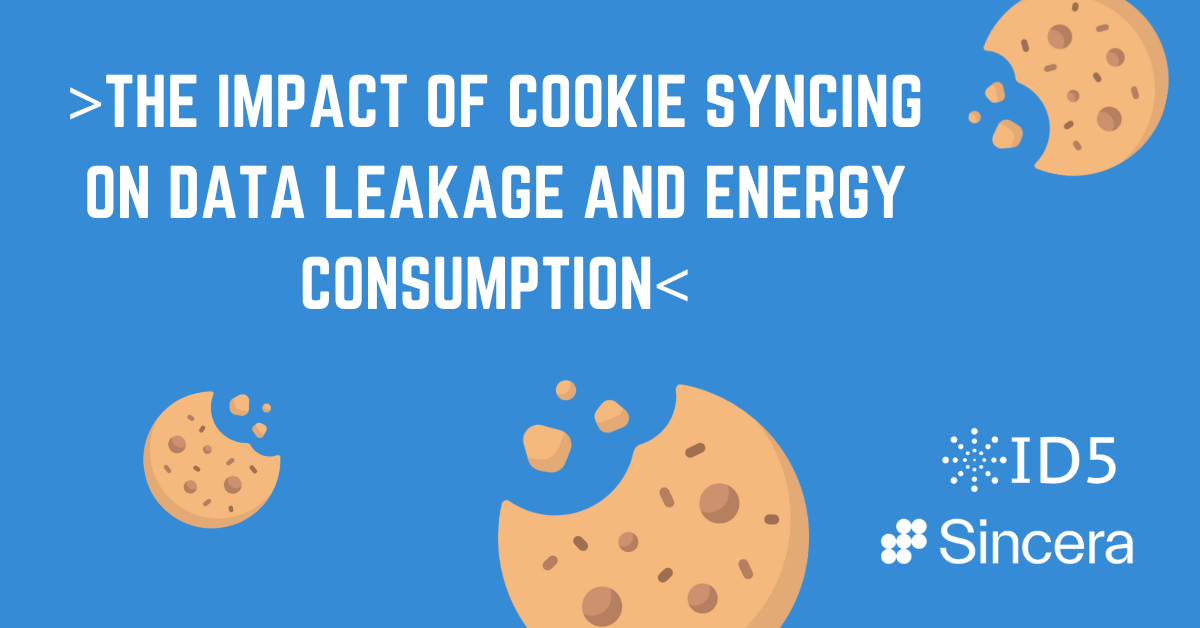
ID5 and Sincera Study Reveals Damaging Implications of Cookie Syncing
- Posted by Valbona Gjini
- On Nov 09, 2022
ID5, the market-leading identity provider, has just released its findings from a commissioned study with Sincera, a leading provider of data management solutions, to assess the damaging implications of cookie syncing by looking at 63,604 global domains.
The process of cookie syncing enables ad tech partners to match cookies, allowing them to communicate user identities through the digital supply chain. Oftentimes, cookie syncing occurs without publishers’ knowledge or approval. Compliance issues arise because publisher partners obtain data without the publisher’s consent and share that data with other unauthorized third-party vendors. These “piggybacking” platforms can then build user profiles. Under these circumstances, third parties are able to reach audiences elsewhere without buying any media from the original publisher, creating privacy concerns and doing a disservice to the publisher.
Cookie matching is also an incredibly inefficient and energy-intensive process. With the drive towards net zero, publishers and ad tech players must consider how to reduce their carbon emissions. Cookie syncing stands in the way, resulting in a significant amount of unnecessary network traffic. However, through more streamlined identification methods the industry could ultimately eliminate the need for cookie matching altogether.
Sincera found that within the sample of 63,604 domains it studied, the average number of cookies set on an ad-supported publisher that the publisher hasn’t directly approved or configured is 62.44. Meanwhile, publishers only knowingly deploy and configure 5.25 identifiers. This gap illustrates the scale of invasive cookie syncing and also shows just how much the practice increases the carbon emissions of the digital media industry.
“Publishers and advertisers need a better way to consensually share information across platforms and inform the identity-driven advertising that finances the free and open internet,” said Mathieu Roche, CEO & Co-founder of ID5. “With privacy-conscious solutions like universal identifiers, advertisers and publishers can leave behind invasive technologies like the cookie and adopt more efficient tools that drive digital media without doing a disservice to audiences, publishers, or the environment.”
“Universal identifiers will not achieve industry-wide adoption overnight,” said Mike O’Sullivan, Co-founder and CEO of Sincera. “In the meantime, publishers can protect themselves in a few ways: ensuring that cookie syncing only occurs when user consent is present, using consent-based universal IDs that are not specific to a single platform, and reviewing their Prebid/Wrapper solution settings to better control who can fire user sync events – removing cookie-sync partners that generate little to no value.”
